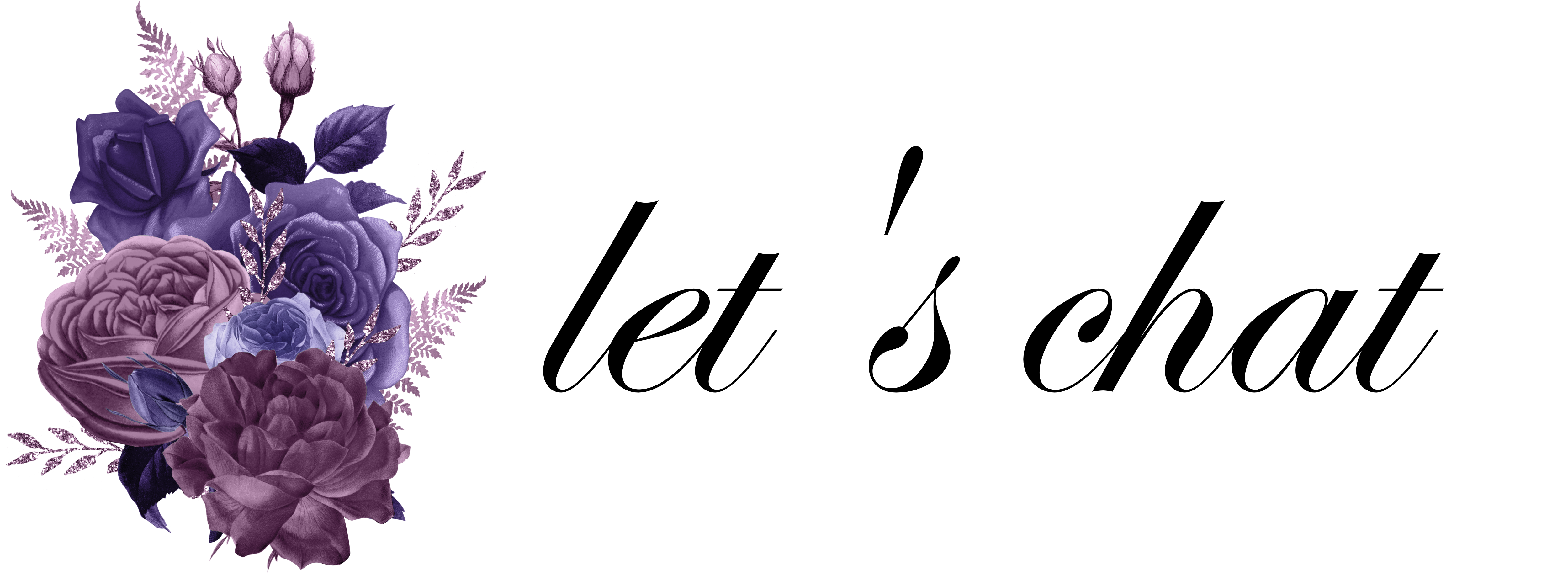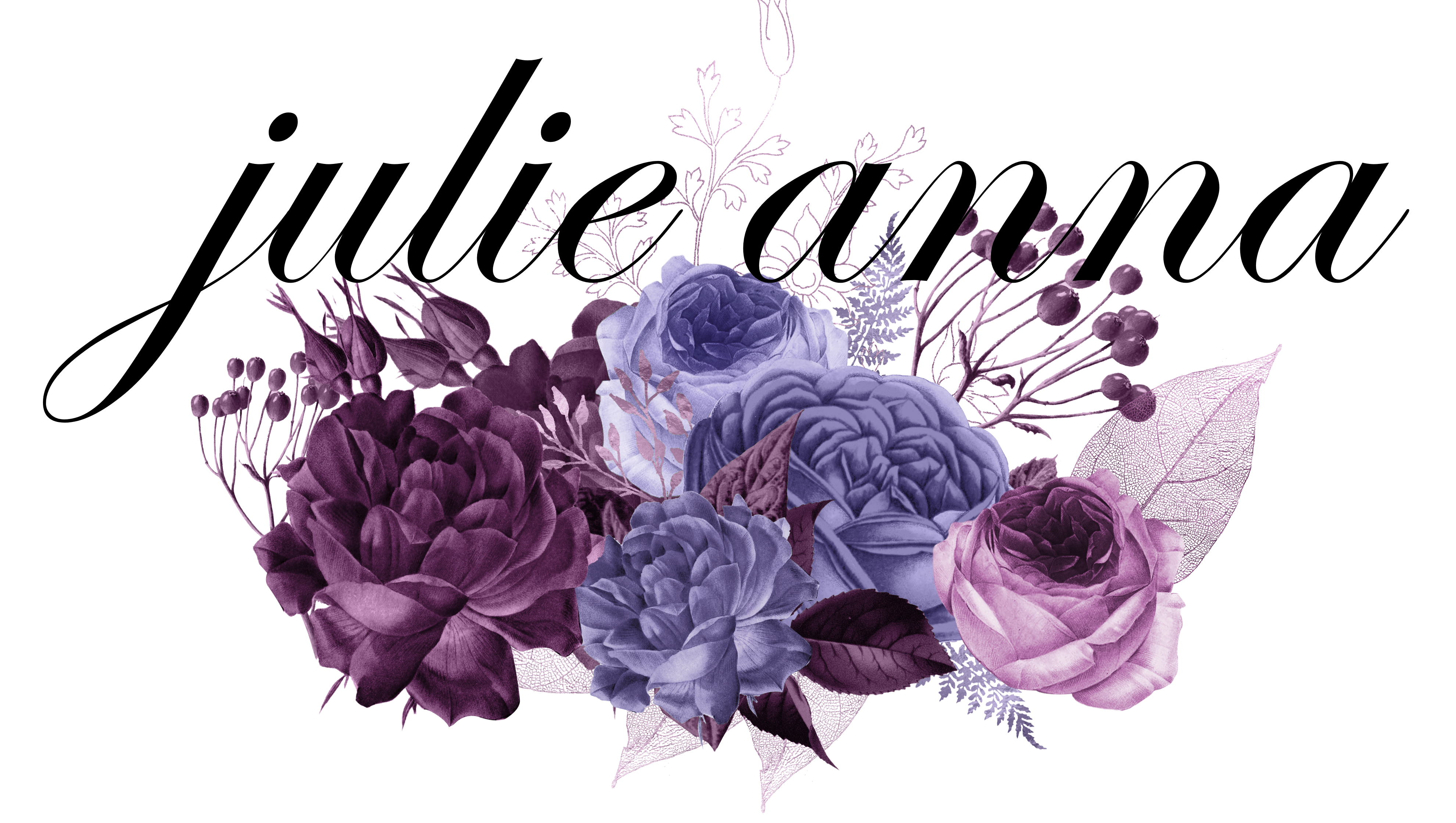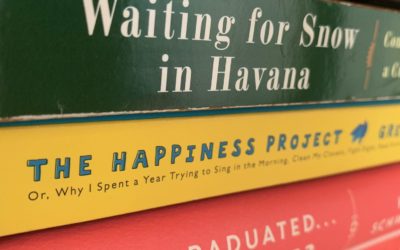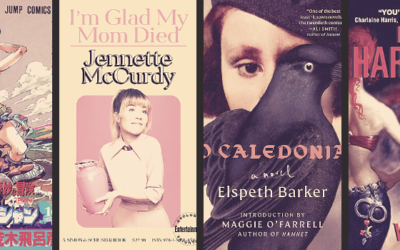Recently, I’ve been taking part in not only some book clubs, but also buddy reads! Recently Emma from Words and Peace and I buddy read Before the Coffee Gets Cold by Toshikazu Kawaguchi. We really enjoyed our buddy read of the book, so we decided to do it again! This time, we’re reading The Andromeda Strain by Michael Crichton. Let us know if you’ve read this book too, or are planning to! But first, let’s welcome Emma back to the blog!

Thanks Julie Anna. After our great buddy read experience on Before the Coffee Gets Cold, I’m thrilled to launch into science-fiction reading with you.
I really enjoyed your questions on The Andromeda Strain, by Michael Crichton, before we start reading on this May 10. Looking forward to reading your own thought at this point.
The Questions
1. Have you ever read Crichton’s work previously, or seen any of the film adaptations of his works?
Emma: I have never read any book by him, that’s why I thought time had come! Plus, I have recently enjoyed several classic science-fiction books, so I thought I really needed to try this author.
The question may arise, is it a classic? Can a book written after I was born be considered a classic? I may be able to answer the question after we read it together.
The only movie I may have seen is Jurassic Park, and I can’t even remember much about it! So ‘m really in terra incognita
Julie Anna: I’m in the same boat – this will be my first book by Chrichton, and I’ve only seen parts of the Jurassic Park film to date. I do have a combined edition of Jurassic Park and The Lost World on my shelves, but have yet to read them to this day! So I’d like to read those soon after reading The Andromeda Strain.
The definition of a ‘classic’ is one that interests me too! Sometimes books that are more recent are ones I think of as ‘modern classics’ in my mind, so I’m interested in having that discussion and see how that would be defined.
2. What are your feelings going into The Andromeda Strain, especially as we’ve spent a year in a pandemic?
Emma: It will be interesting to see how an author approached the idea of a pandemic fifty years ago! I’m really curious to see if we’ll encounter themes we have been so familiar with these past months, such as masking, social distancing, and confinement.
Julie Anna: When lockdowns began last year, I was initially hesitant of picking up books about pandemics, but over time I’ve become more receptive to reading them again. That being said, I’m also curious to see how similar/different Crichton’s approach to this will be to how we’ve been living for the past year.
3. Do you often read science-fiction books? If so, what sub-genres do you typically read?
Emma: I do, some older ones and some more recent.
I’m open to many sub-genres – space (The Martian; How to Mars; and I’m going to read Project Hail Mary). I have very much enjoyed The Martian Chronicles, Solaris; and We by Yevgeny Zamyatin.
I also like post-apocalyptic. Last year, I discovered and was very impressed by Supernova Era, by Cixin Liu (actually a clever mix of science-fiction/sociology/foreign affairs), and Flood, by Stephen Baxter. I also liked Oryx and Crake, by Margaret Atwood. And of course 1984. And more recently, Migrations, by McConaghy.
I loved the most recent book by Ishiguro, on an AI: Klara and the Sun. And talking about Ishiguro, I also enjoy a good dystopia, such as his Never Let Me Go.
My favorite audiobook of all times happens to be a dystopia (cyberpunk?): Ready Player One.
And something super different: African futurism (which is a mix of space + African culture), with the Bindi trilogy by Nnedi Okorafor.
I’m sure I’m forgetting some big ones, but that’s probably enough for now.
Julie Anna: I really enjoy sci-fi as well! When I read sci-fi I like to read different sci-fi sub-genres, but I am a pretty big fan of space opera in particular. I’m currently in the middle of The Expanse.
I really like the speculative nature of sci-fi as well (and speculative fiction in general), and also enjoyed Oryx and Crake! I’ve also been reading some of the sci-fi classics, including authors like H.G. Wells and Frank Herbert. Then there’s my collection of Star Trek tie-in novels that I’ve been reading. I’ve also been enjoying Afro-futurism, including books like Kindred.
Something that I surprisingly haven’t read much of though is hard sci-fi itself! As someone who formerly studied Computer Science (and dabbled in physics), I love seeing scientific accuracy in sci-fi books (and sometimes cringe when it’s wildly inaccurate!). So I’m a little surprised at myself for not reading more of it at this point. Hopefully I will be reading more of it soon though!
4. Have you ever read a book about a pandemic, viral infection, or contagion?
Emma: The one that came to mind right away, as I read it in 2020, is Pandemia, by Franck Thilliez. It was published in France back in 2015, and it’s really scary to see how close Thilliez was from our Covid19 reality! Brilliant book, unfortunately, I don’t think it has ever been translated into English.
An older one, very good too, is Blindness, by José Saramago (Nobel Prize winner for Portugal).
Julie Anna: The book that comes to mind for me is Contagion by Erin Bowman, which is set in space so I can’t quite compare it to life on Earth. This was also something that is explored in The Expanse series, which is, again, in space! So I guess most of my experiences with books like these took place in space.
5. Do you anticipate that the portrayal of the epidemic in this book to be similar to our experiences?
Emma: It is totally possible, just as with Thilliez.
Julie Anna: I feel like we’ll definitely see the quarantine aspect of it but I wonder if there will be any other aspects that are portrayed differently!
6. The Andromeda Strain was written in 1969. Do you anticipate that this book and the science/technologies it discusses will be as futuristic/realistic in 2021 as they were in 1969?
Emma: It could totally be, we’ll see! All depends on the brilliant creativity of the author. Currently, the French military has hired a group of scifi authors to determine what would be the possible space/sky threats, and how to react to them. So if the author has great imagination, it can be very real and with a very modern outlook, even back in the 1960s!
Julie Anna: I have a feeling that we could see some good accuracy with this as well! I remember reading Fahrenheit 451 and being surprised at some technologies that did end up getting implemented, so I think we could see that here too!
7. What are your expectations of this book in terms of scientific accuracy?
Emma: I really know nothing about the author, so I don’t know how much research he did. It can really vary. Cixin Liu for instance can be very specific and accurate. And I read that Andy Weir coded a program to calculate some data needed for The Martian.
Julie Anna: I think I heard that Crichton does consider scientific accuracy in his books, and I do hope to see that! It’s definitely something that I’m curious to see as we read the book.
8. Do you think that any recent historical events inspired Crichton to write this book?
Emma: Well, I don’t want to read too much about the book, because I like going into a book ready to discover everything. But two words jump at me in the synopsis: sterilization, which makes me think of the American eugenics program, mostly between 1890 and 1920. And “landing in a desolate area of Arizona” sounds pretty close in nature to Area 51 in Nevada.
Julie Anna: I hadn’t thought of that! I was wondering if the Space Race and the journey leading up to the moon landing inspired this book. I know that the Space Race inspired a lot of the pop culture of the era, and I think that may have played a part in this book as well.
9. Do you have any other expectations regarding what topics or points of discussion we might see in this book?
Emma: With the biophysical element and the interaction between space and Earth on that level, I’m really curious to see how this book is going to be close or not to Supernova Era – you absolutely need to read it if you haven’t yet.
Besides that, I see “sent into the outer fringes of space to collect organisms and dust for study”: are we going to encounter a living species? Are they invading Earth? As you can see, my own imagination is rather limited!
Julie Anna: I definitely do need to read Supernova Era! I’ve been really interested in a lot of Cixin Liu’s books. That would be interesting if the book covered life beyond Earth in more detail. I’m also curious to see how the government and political interference will play into this, and how far it would go. I have a feeling this will play a decent role throughout the book and I’m interested in seeing how that’s executed.

Have you read The Andromeda Strain, or is it on your TBR? Let us know what you thought (but no spoilers, please!). We’re both looking forward to reading this one together and sharing our thoughts. Additionally, are you a sci-fi reader? If so, what are some of your favorites within the genre?

This Year, I Made the Goal to Read Less – Balancing Books as a Book Reviewer
It's not everyday that you hear someone say, "I want to read less" - if at all.But being fully absorbed in the book community completely transformed my reading habits - for better or for worse. While being a book reviewer brought me the consistency and routine that's...
2023 is Here: Intentions, Reflections, and Books
So uh - hey, everybody - it's been a minute. And when I say a minute, I mean two months. And within those two months I forgot to renew my site domain and this blog wasn't even accessible for the time being.Is Buuuuuut...I'm back now? If this year has taught me...
October 2022 Wrapup: Back to the Grind
Hello hello! I hope you had a good month. This October had quite a bit going on for me, in terms of work, life, and books. Let's check it out! October in General October definitely hit me hard - but not with bad things! There was so much good that happened, but it...





1/ Phew, I feel better, I thought I might be the only one on the planet not knowing that movie!!
3/ Oh God, I can’t believe my typo, it’s Binti! You really really need to try this, plus the 3 books are super short. You might be able to devour the trilogy in one setting.
Now I’m intrigued by The Expanse!
H.G. Wells of course! I knew I had forgotten someone! Actually last time I went to library book sale, I picked up one by him which I think is less known, The First Men in the Moon. Have you read it?
I see Space Opera is sometimes called Planetary Romance. Does this sound correct? I usually don’t like too much Earth romance, so I’m not sure abut that. Though I see the new Andy Weir is put in that category. As well as Martha Wells, that I really want to try, she keeps popping up often these days. Have you read her books?
4/ I just looked into Contagion, but they also say it’s horror. Is it? It’s a genre i don’t usually read
7/ Oh good!
8/ Good point!
9/ That would definitely give it more depth
Disclaimer, as I’m commenting on your answers, I have already read 17% of the book. But I tried to ignore that to answer as I would have before opening the book.
I’m so loving it so far! Better start writing my questions.
So sorry for the delayed response! Yeah, I’m behind on basically all the movies so no judgment here!
I’ve heard amazing things about Binti! I haven’t heard of that one, but I’d love to delve into his lesser-known works. I’ve only read the first book in Murderbot by Martha Wells but it was a really fun one! I recommend it.
The horror element of Contagion has to do more with the spread of the virus itself – so it’s similar in a way, but it focuses way more on the characters and emotion that comes with horror!
I thought I left a comment but maybe it went to spam or got lost- sorry if this ends up being a duplicate! I was fascinated with this book but haven’t read it yet but following the discussion over at Emma’s blog. Also, did you know there’s a recent sequel (written by someone else obviously, but it got my attention)…
I love the older Star Trek tie- in novels. And Contagion was quite good, I thought.
Hi, no worries! I wasn’t aware of the recent sequel, but I’m definitely interested – thank you for bringing that to my attention!
I’ve only read some of the TOS tie-in novels so far, but I have some TNG ones as well – I need to get back into them. Contagion I thought was good as well! I believe there was a sequel as well but I haven’t gotten to it.
I didn’t love the Contagion sequel, sadly, but I really loved that first one! 🙂
Ah, good to know! I’m sorry it wasn’t as good as the first!